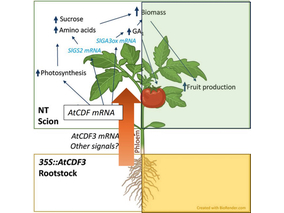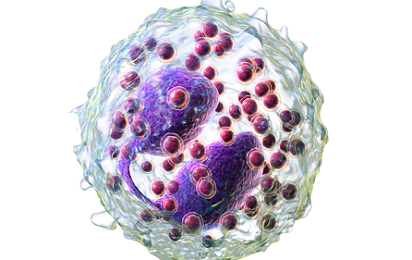Researchers from the Ecophysiology and Biotechnology group have participated in a study that reveals how agricultural biodiversity is an effective tool to combat pests and the effects of climate change on crops. The results of the work, whose conclusions have been published in the journal Frontiers in Plant Science, show that the conservation of traditional varieties improves the effects of water deficit and damage caused by the red spider.
Professor Aurelio Gómez Cadenas directs the research group Ecophysiology and Biotechnology. The main lines of work of this group are the responses and the tolerance mechanisms of citrus and other crops to abiotic and biotic stresses and their combination, such as droughts, floods, salinity or infestation by the red spider, and hormonal control. In addition, the group applies biotechnology techniques such as in vitro culture and determines the metabolic changes of plants in response to stress.
Reference
Ximénez-Embún MG, González-Guzmán M, Arbona V, Gómez-Cadenas A, Ortego F, Castañera P. 2018. Plant-mediated effects of water deficit on the performance of Tetranychus evansi on tomato drought-adapted accessions. Frontiers in Plant Science in press

The research team observed changes in head circumf...

AtCDF3 gene induced greater production of sugars a...

Un estudio con datos de los últimos 35 años, ind...

En nuestro post hablamos sobre este interesante tipo de célula del...

La revista ‘Nature Protocols’ selecciona esta técnica como “pro...
Biotechnology portal in Spain
Subscribe to our newsletter and stay up to date with the latest news and deals!
2013 © Biotech-Spain.com - Site Developments SL. All Rights Reserved. Terms of Service | Privacy Policy
Articles
Directory
